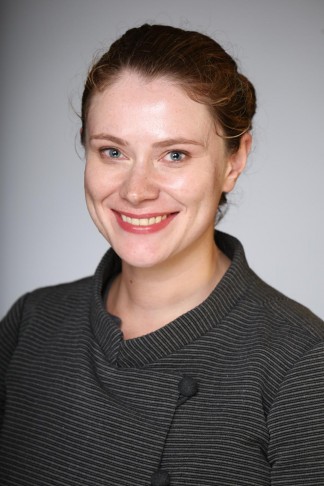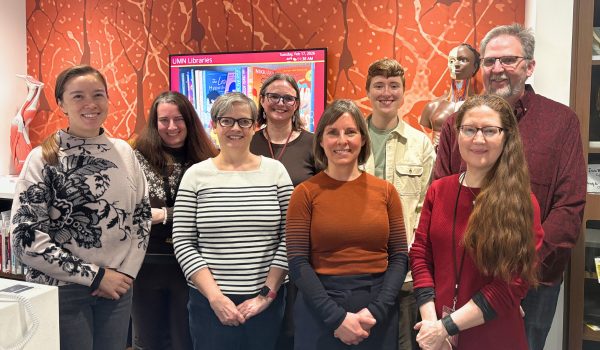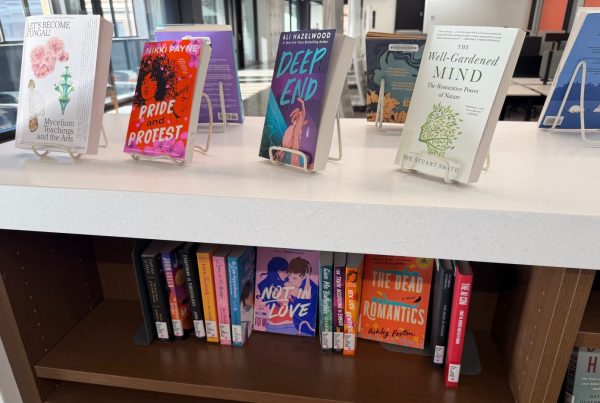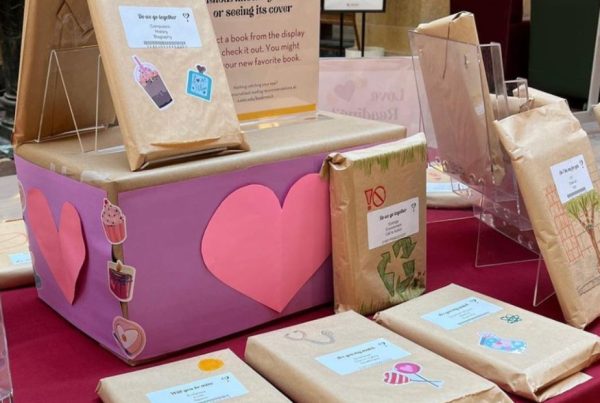By Allison Thompson PubMed Search Hacks! Check out these Minnesota TotDish episodes on using PubMed effectively, featuring Caitlin Bakker. Episode 5: PubMed Search Hacks! Pt 1 Episode 6: PubMed Search Hacks! Pt 2
University of Minnesota pediatrics residents Kate Policht and Heidi Moline wanted to find a way to provide meaningful, actionable information for busy medical residents at the U of M and beyond.
They decided to share this information in podcast format, which led to the creation of the MN TotDish Podcast. With some initial tech support from the Libraries, they got started!
Learning the technology
Policht and Moline began their podcasting adventure with technical expertise from the Libraries’ Jonathan Koffel and Tiffany Reichard, who support the Makerspace and Breakerspace. Through this connection, Policht and Moline were able to learn about podcasting technology and best practices.
Libraries subject expertise
Both Policht and Moline were impressed by a presentation on literature searching given by Medical Librarian Caitlin Bakker at a new resident orientation. “It was an incredible lecture, and when it came time to identify speakers for the podcast, we both knew we had to get Caitlin,” said Moline.
Working collaboratively, the three were able to identify the topics for Bakker’s two podcasts — including using PubMed effectively and accessing a range of point-of-care tools.
“We met with Caitlin several weeks before the recording and talked about what might be helpful for residents and what tools she was interested in talking about,” said Policht.
From there, Bakker was able to develop podcast content, knowing that residents need quick access to quality information at the point of care. “They had already recorded some great podcasts on study designs and different levels of evidence, so strategies for identifying those high quality studies quickly seemed like a natural extension,” explained Bakker.
Librarians have backgrounds that uniquely position them to provide guidance on the practice of evidence-based medicine. They are immersed in the literature and spend much of their time navigating the tools, assessing the resources, and thinking about various ways to use them to meet different needs.
“We fully recognize the power of quality information, but also the potential difficulty in both finding information and determining its quality,” Bakker said. “My goal is to help practitioners get a handle on the evidence base so that they can apply this in their work.”
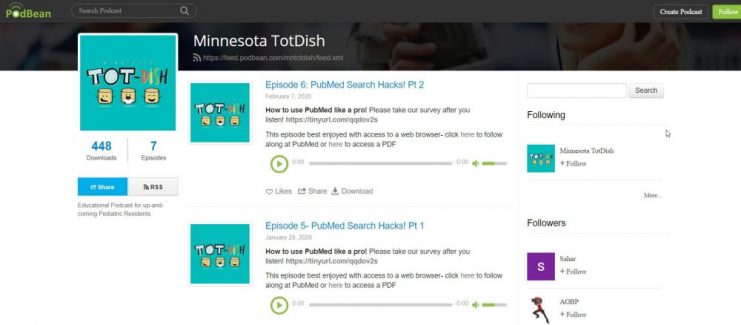
Minnesota TotDish podcast on PodBean, featuring the episodes Caitlin Bakker worked on (Episodes 5 and 6)
Goal to support evidence-based practice
While there’s a lot of information and many tools online for evidence-based research, the breadth of information can become overwhelming very quickly.
“We wanted a fun way for our learners to listen and acquire information about things that may not be the most interesting subject for residents, but are actually really important when practicing evidence-based medicine,” Moline said.
Knowing how to use literature searching tools is an important skill for researching evidence-based medicine, but ways to use the tools efficiently aren’t always immediately apparent or intuitive. “My goal was to highlight some of these strategies to help make the breadth of available information manageable so that clinicians can spend their time working with the evidence rather than finding it,” said Bakker.
New skills and knowledge gained
Whenever Policht and Moline met with Caitlin, they learned something new. “She has really practical, streamlined strategies for extracting information and identifying tools for clinical practice,” Policht said.
Policht and Moline also learned about the technical skills, workflows, and tools that are needed to create podcasts. “We learned how to limit filler words, and the fundamentals of recording, producing, and publishing content,” said Moline. “We are grateful for the help from the library team for the podcasting resources available to students and residents here at the University of Minnesota,” Moline added. “We couldn’t have done it without the Libraries’ help!”


